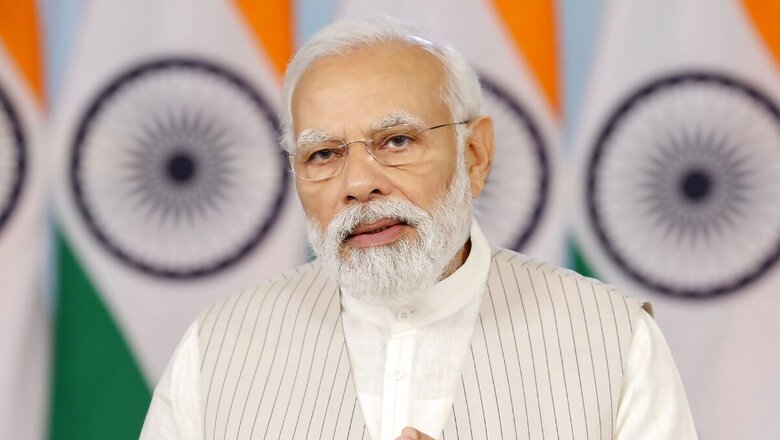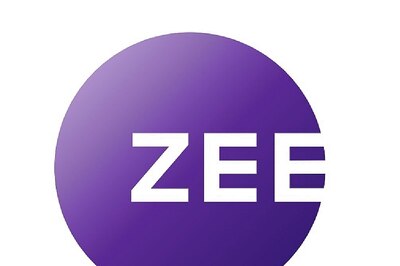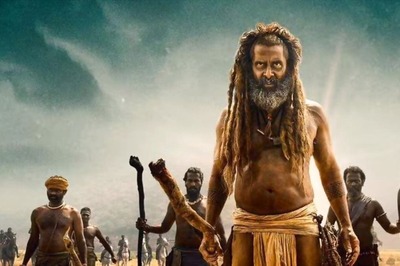
views
India, the world’s largest democracy, is all set to send out a strong message through the greatest apostle of world peace. Prime Minister Narendra Modi will be embarking on a series of diplomatic missions next week, during which his first stop will be the G7 meeting at Hiroshima in Japan – a living testimony of the ravages of World War II – where he will be unveiling a bust of Mahatma Gandhi. And what better way for the prime minister than to communicate to Russia and Ukraine that dialogue is the only way out of their 450-day-old war.
A city destroyed in the last world war will have the most prominent messenger of peace established in it, which becomes particularly significant in the backdrop of the ongoing Russia-Ukraine conflict. Prime Minister Modi has often spoken about how Gandhi’s ideas have the answers to a number of modern-day challenges, and that Gandhian values are becoming increasingly relevant.
This will be the PM’s fourth appearance at the G7 – he attended the meeting last year in Germany’s Bavaria; virtually in 2021 at Cornwall, England; and before that, in Biarritz, France, in 2019. The 2020 meeting was cancelled by the US due to the Covid-19 pandemic.
“This regular invitation to PM (Narendra) Modi is indicative of the growing importance and significance of India in global affairs. India has emerged by virtue of its bold and independent policies as a partner of choice. Solutions to none of the world’s acute challenges like climate change, terrorism, health, education, SDGs (sustainable development goals) can be found without the involvement and contribution of India,” said Ashok Sajjanhar, former Indian ambassador to Sweden.
Experts highlighted the growing stature of India as a bright spot but also said it was no longer extraordinary. Modi’s visit to the G7 comes at a time when India is holding the presidencies for the Shanghai Cooperation Organization as well as G20.
As India’s policy of multialignment – to safeguard and promote its interests – enhances its credibility in global affairs, PM Modi’s 36-hour stop at Hiroshima will be high on symbolism but also a reminder that Indian presence is key in any global grouping.
“There is no novelty in PM Modi going to Hiroshima, only this time India has been invited as chair of G20. What is important is the context in which the G7 meeting is taking place. There is a global recession looming. There is a war in Europe, which neither western support for Ukraine nor western sanctions on Russia seem to have made much impact. There is the looming shadow of China on the international economy and power balance,” said Sushant Sreen of Observer Research Foundation, a global think tank.
With this elevated status comes enhanced responsibilities and pressures. India will want to look at points of convergences and ensure a joint statement in September during the G20 Heads of State Summit. In Hiroshima, the fact that Australia (a Quad member), Indonesia, Vietnam and South Korea are also invitees along with chairs of the Pacific Islands forum and the African Union gives a clear indication of the strategic focus. The G7 deliberations will also be critical for what to expect from the G20 summit to be held later in the year in New Delhi.
In his address at the 36th convocation of the Gandhigram Rural Institute in November last year, Modi had said: “Whether it is about ending conflicts or the climate crisis, Mahatma Gandhi’s ideas have the answers to many of today’s challenges. As students of the Gandhian way of life, you have a great opportunity to make a big impact.”
It is this impact that India is hoping to make with the unveiling of Gandhi’s bust at Hiroshima.
Read all the Latest India News and Karnataka Elections 2023 updates here




















Comments
0 comment